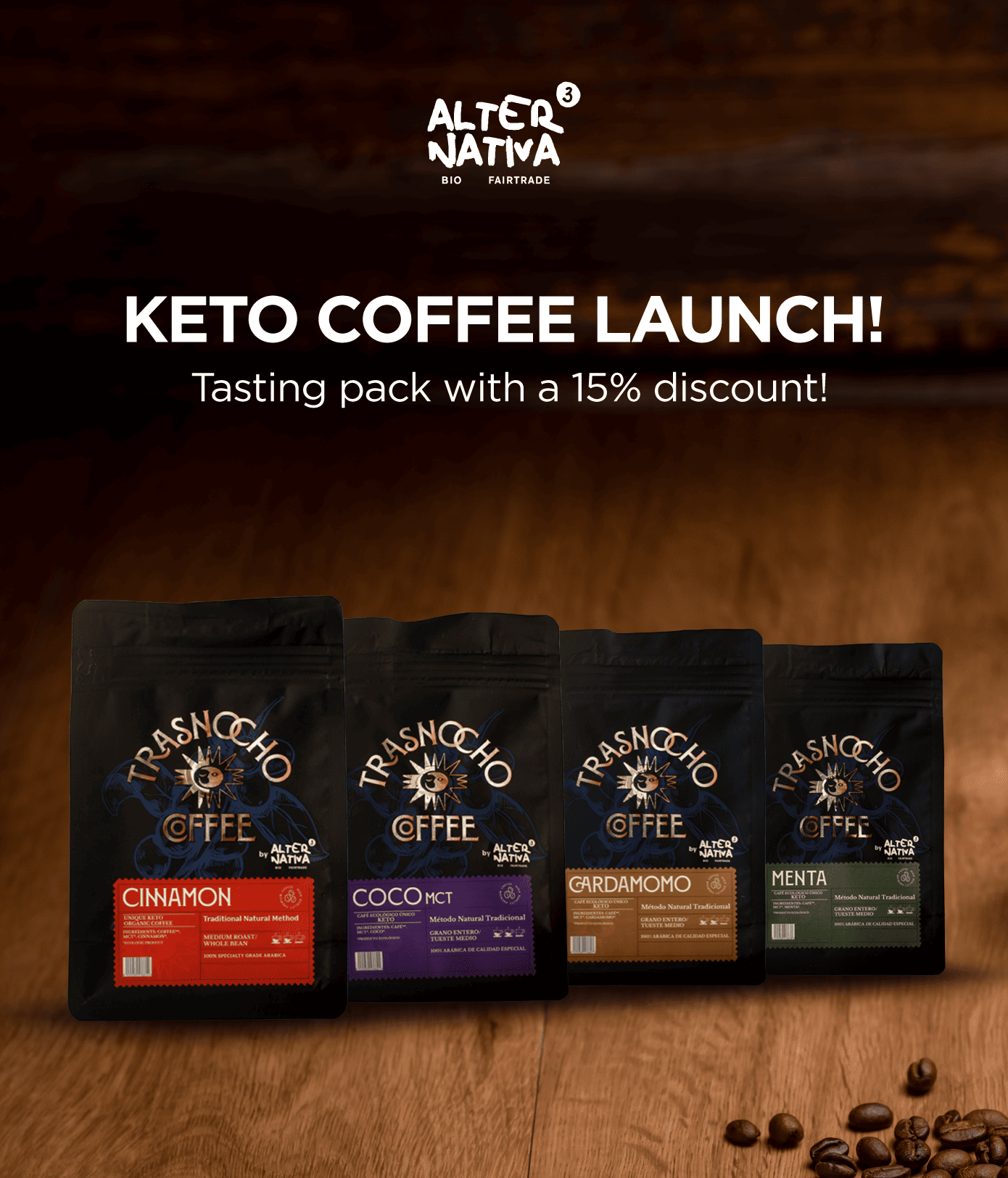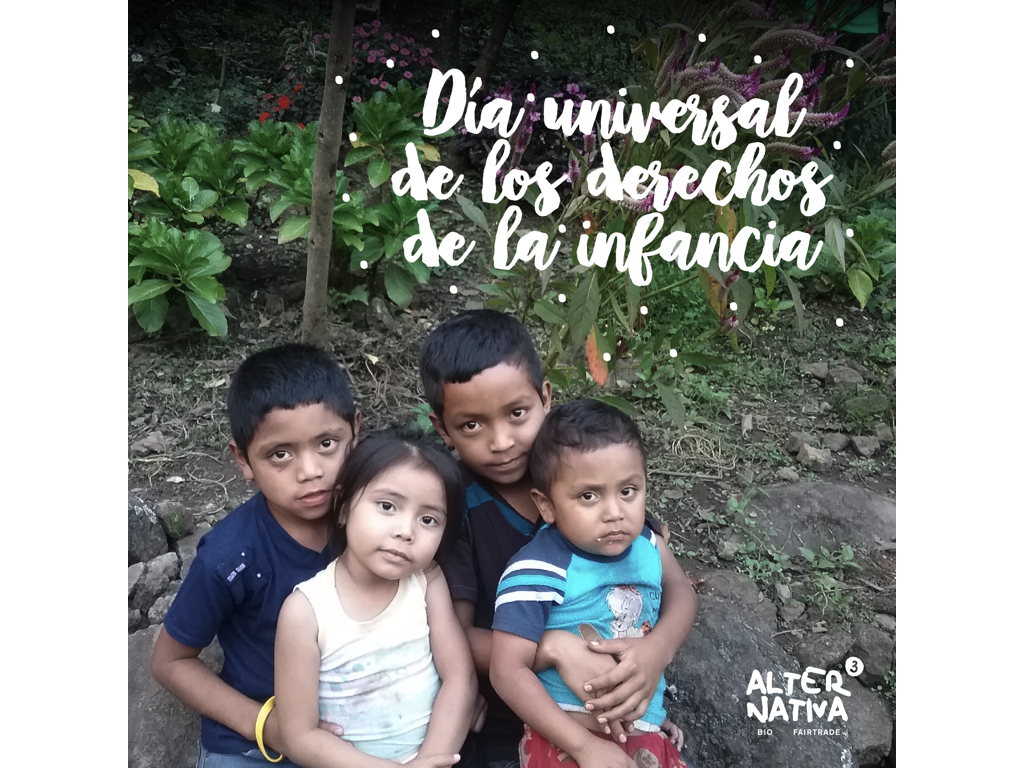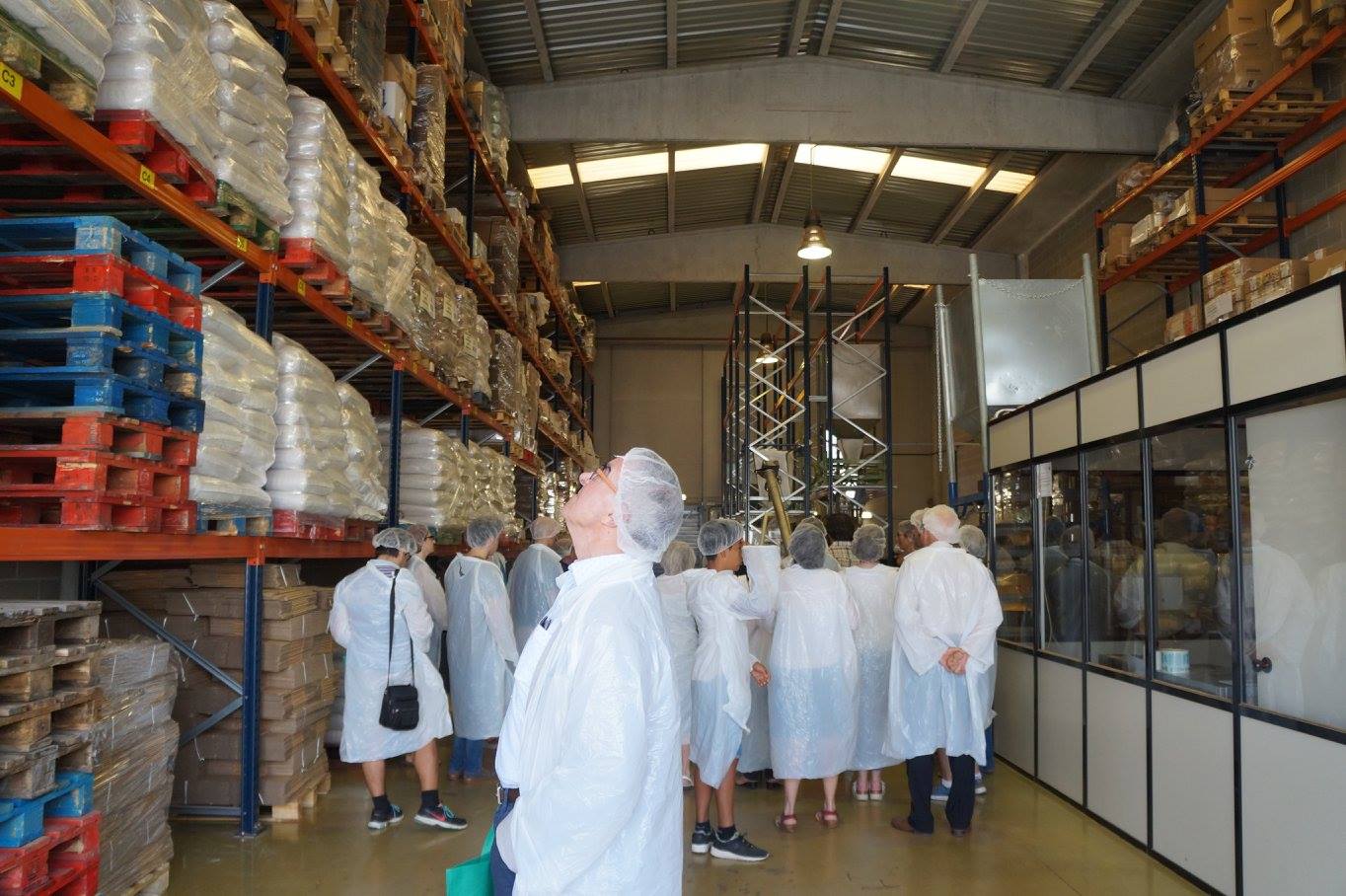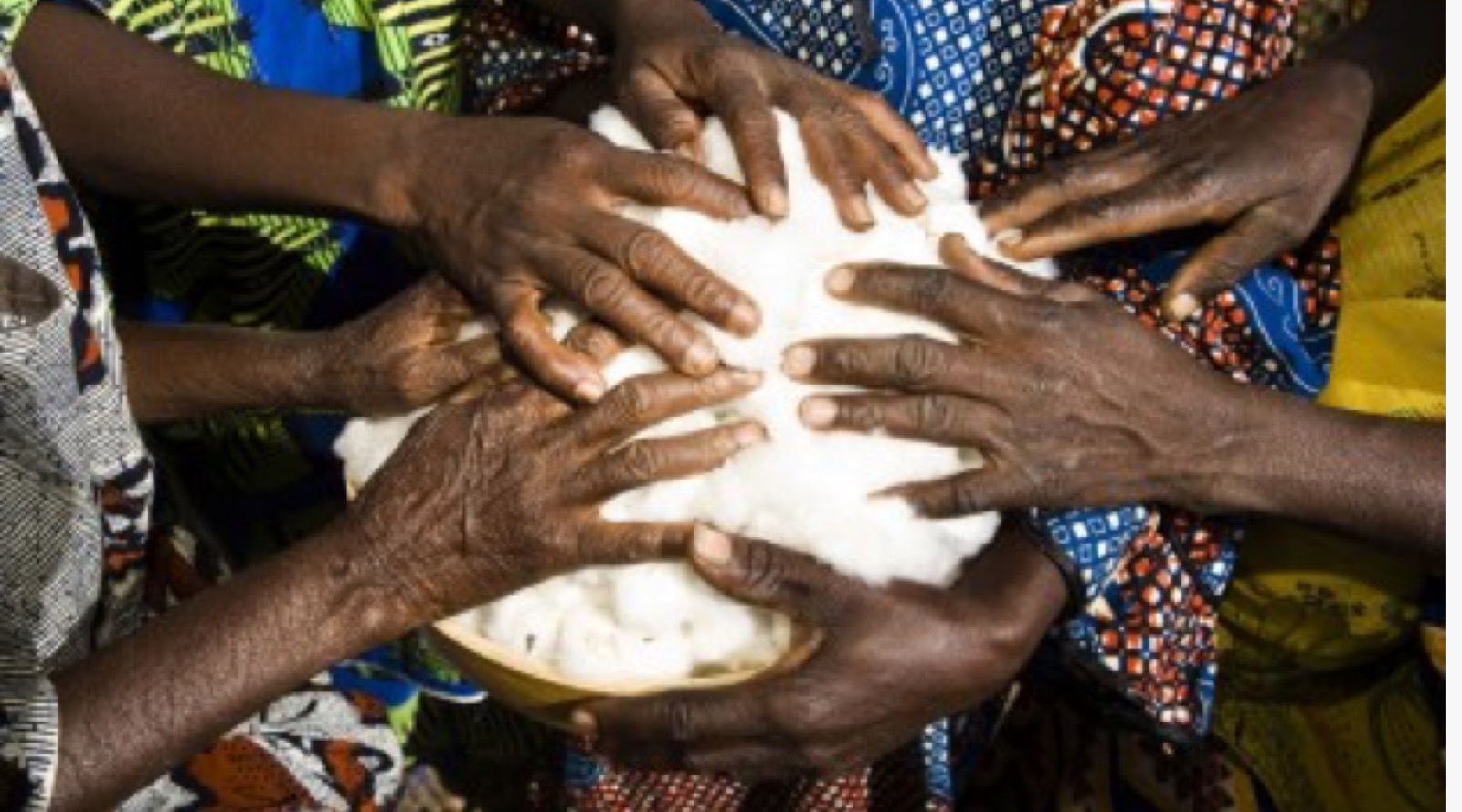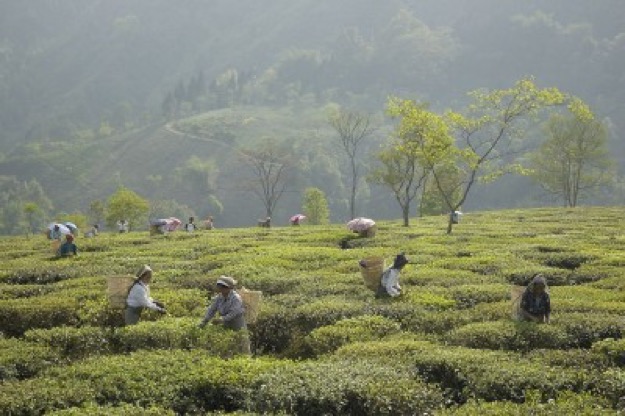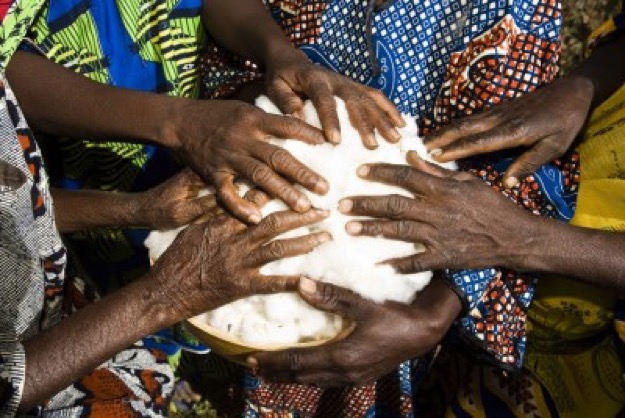"Fair Trade is a trading system based on dialogue, transparency and respect. It seeks greater equity in international trade by paying special attention to social and environmental criteria. It contributes to sustainable development by offering better trading conditions and securing the rights of disadvantaged producers and workers, especially in the South".
(World Fair Trade Organization, WFTO).
Here are the 10 principles of Fair Trade
The 10 principles of Fair Trade:
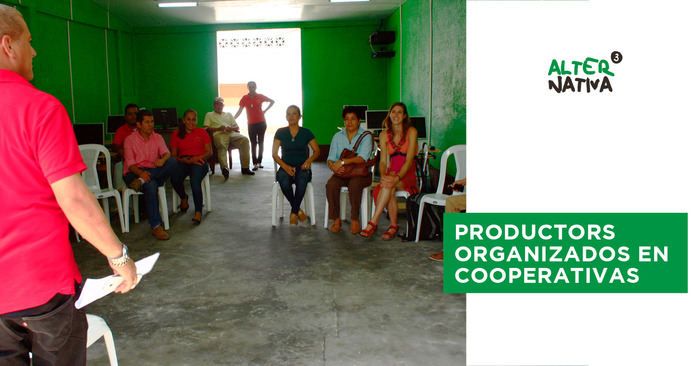
1 Democratic decisions
Producers organised in cooperatives or other participatory forms, where they make decisions democratically.
AlterNativa3 has been able to observe during its visits to the producers' cooperatives the great value that small producers place on their participation in decision-making in their organisations. Especially for women farmers, their participation in decision-making in their organisations is of great value. Normally, they do not even have the opportunity to have their opinions taken into account.
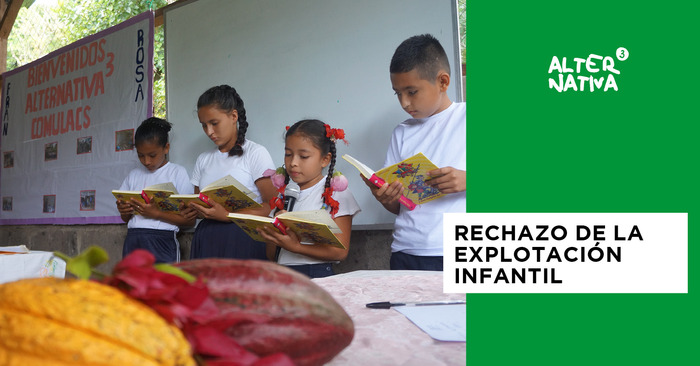
2 Rejection of child exploitation
Education is a fundamental child's right. In order to receive it, children must have time to go to school and to play. Extreme poverty forces many children to work, often in slave-like conditions, as is the case in many cocoa plantations in Africa. Fair Trade rejects the exploitation of children on the understanding that the work of adults should be sufficient to support the family. For AlterNativa3 this principle is fundamental. That is why it supports producer cooperatives in educational projects, such as the creation of the computer classroom or the Reading Corner with the Augusto Cesar Sandino cooperative in Nicaragua.
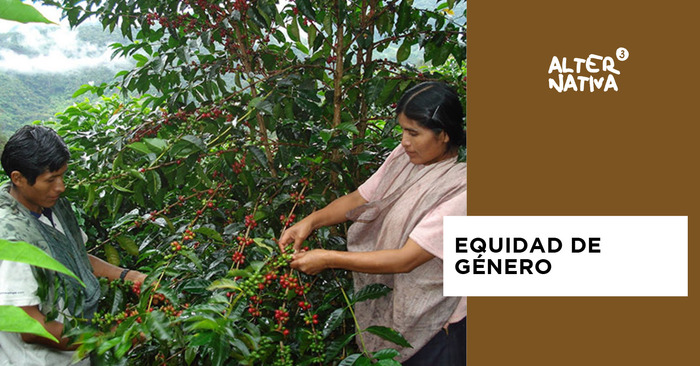
3 Gender equity
Gender equity in wages, labour rights and participation. When women earn their own income, their lives change in many ways. AlterNativa3 supports women's empowerment projects in the producer cooperatives it works with. It believes that true development is only possible when women can move beyond the domestic sphere and become empowered for working life and participate in decision-making in their communities.
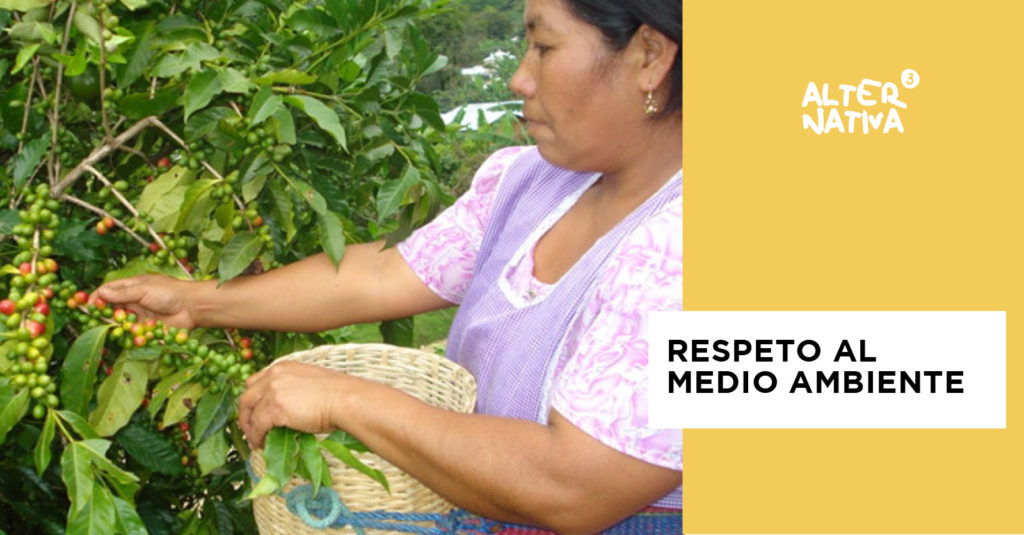
4 Respect for the Environment
Respect for the environment, without GMOs, synthetic chemicals or other chemical products that are harmful to people and nature. Fair Trade products always come from small producer organisations that cultivate their land following traditional methods that respect nature. This model does not use fertilisers or pesticides.The products are harmful to health and the environment, and are GMO-free. AlterNativa3 makes its products from coffee, cocoa and sugar from Fair Trade cooperatives. Always seeking maximum sustainability throughout the production process, from the raw material to the ready-to-eat product.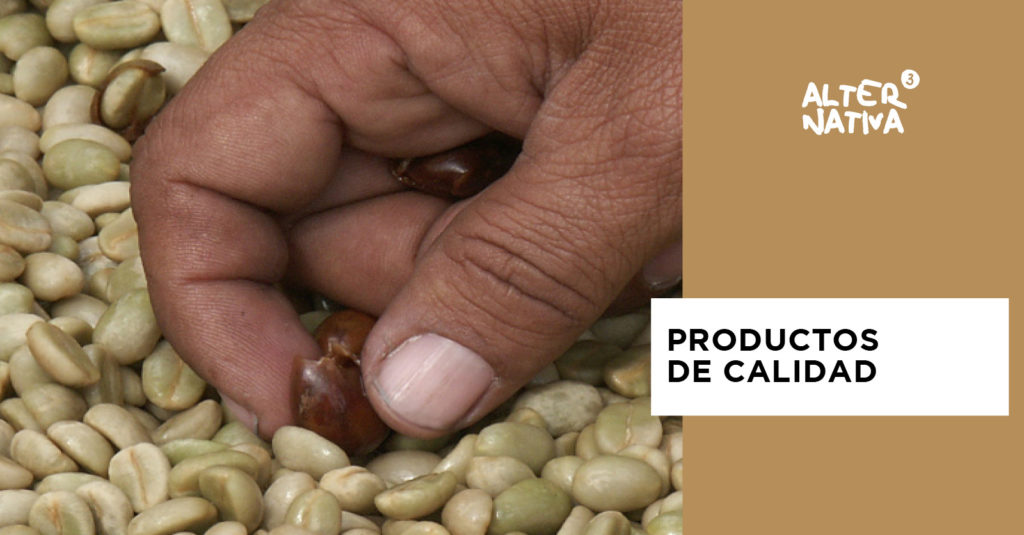
5 Quality products
Quality is a fundamental principle of Fair Trade. At AlterNativa3 we take the utmost care of the quality of our products, as we are producers we can control the entire production process from raw materials to the final product, this allows us to continually improve and innovate. We buy our coffee, cocoa, cane sugar and the rest of our products from small Fair Trade producer associations in southern countries, which guarantees the maximum quality in their products, as they have been cultivated with respect for the people and the environment.
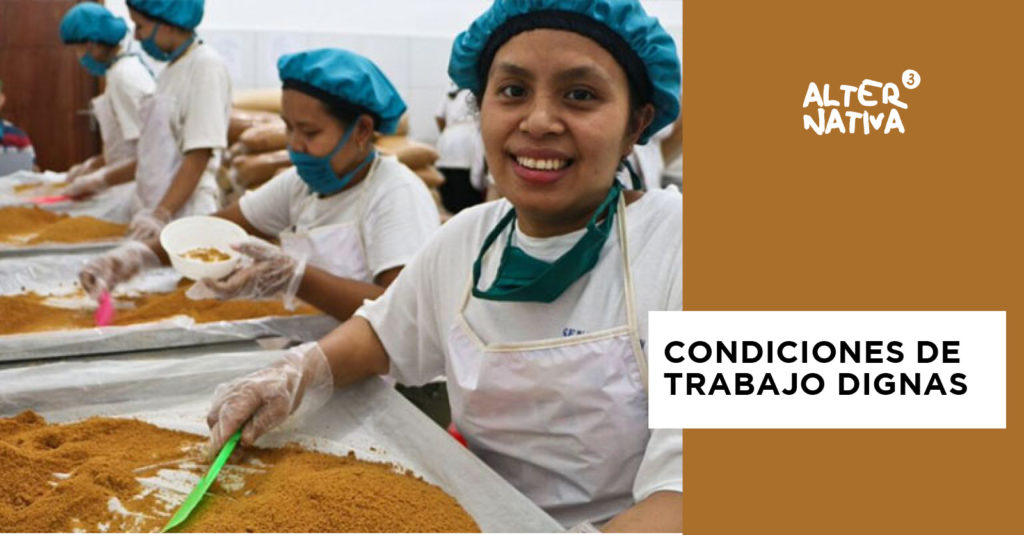
6 Decent working conditions
Fair Trade guarantees decent working conditions for producers, avoiding any kind of slavery and conditions that threaten the health of workers. AlterNativa3 works with small producer cooperatives in Southern countries, supporting them in their projects to improve their working, social and environmental conditions, always putting respect for people above economic profit. Fair Trade is a real alternative to conventional international trade that creates opportunities for the most disadvantaged groups and reduces inequalities and poverty.
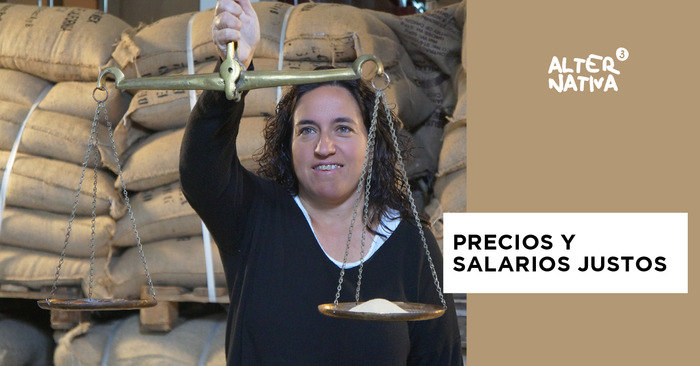
7 Fair prices and wages
Fair prices and wages that value the quality of the product. In Fair Trade quality is fundamental, quality is not only of the final product but also environmental and social. The first link of a product is the producer at origin and improving the quality of the product is the first step.The Fairtrade Fairtrade is a key objective of Fairtrade. Small producers who sell their harvest through Fairtrade channels are assured that the price they receive for their work gives them new opportunities to play a leading role in building a more sustainable future. That is why when we consume a Fairtrade product we have the satisfaction of contributing to creating a better society in which people are more important than the economic profit of a few.
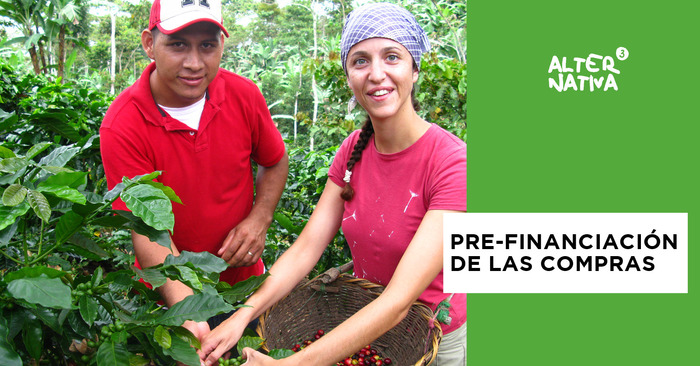
8 Pre-financing of purchases
A Fair Trade solution to improve the lives of farmers. Small producer organisations in the South find it very difficult to access credit to enable them to invest in production and social improvements, or even to survive between harvests. Often their only option is to turn to moneylenders who subject them to usurious conditions that only increase their poverty.eza. Although some things are changing recently with the emergence of ethical banking and microcredit, not everyone has the possibility to access these solutions. As an alternative to this reality, Fairtrade Standards require buying organizations to provide a financial advance on contracts, called pre-finance, if producers request it. This is to help producers gain access to capital and overcome what can be one of the biggest obstacles to their development. It also seeks to promote entrepreneurship and can help the economic development of entire rural communities.
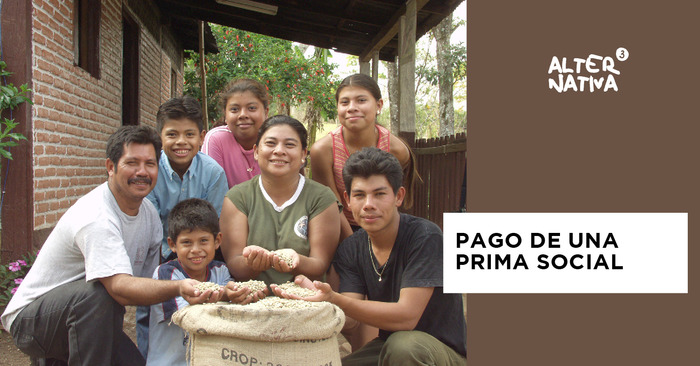
9 Payment of a social premium
The Fairtrade Premium is an extra support for producer organisations. In addition to receiving payment for their products, they benefit from an additional amount to invest in the economic, social or environmental development of the organisations themselves and the community. They decide on the purpose of the premium, without intermediaries. The amount of theis paid is fixed as a percentage, per unit sold, and comes out of the pocket of the purchaser.The Fairtrade Premium is additional money for producers to invest in improving their living conditions. The destination of the Fairtrade Premium is decided at the discretion of the producer organizations. No one imposes on them how to use or invest it, and project selection and money management is done through transparent, participatory and democratic processes. The projects can promote community development or their own businesses. The Premium money is intended to improve the situation of local communities in terms of health, education, environment, economy, etc. The Fairtrade Premium is intended to be a tool for socio-economic development and empowerment.
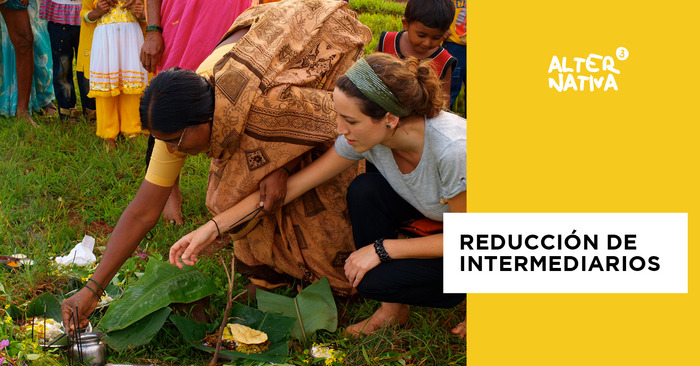
10 Reduction of intermediaries
A fundamental principle of Fair Trade is to facilitate long-term trading relationships and to enable producer associations to take greater control over the process of marketing their products.
Organisations maintain long-term relationships based on solidarity, solidarity with others, andtrust and mutual respect. These contribute to the promotion and growth of Fair Trade. The parties involved in the trading relationship seek to increase the volume of trade between them and the value and diversity of their product offerings as a means of growing Fairtrade for producers to increase their incomes. Dialogue and transparency are key to strengthening these trading relationships, as well as collaboration on projects with producer communities.
What are you waiting for to start working on the 10 principles of Fairtrade?
